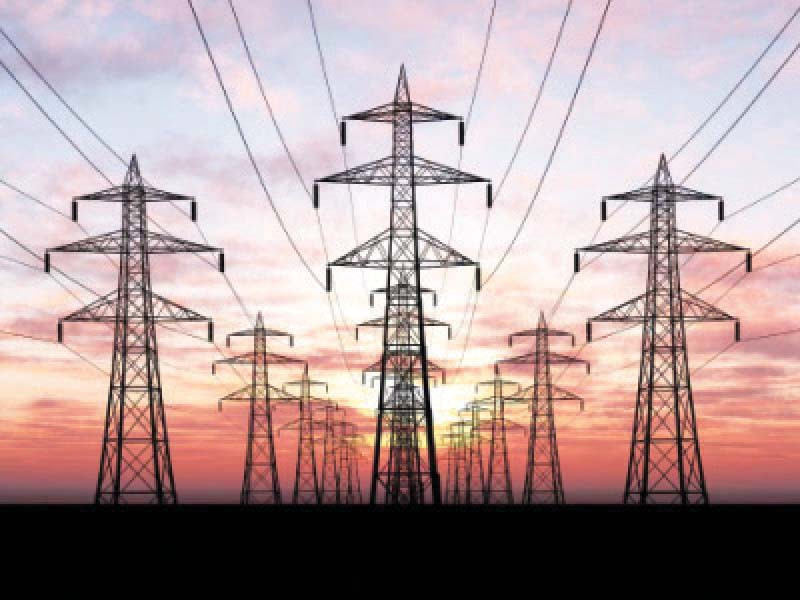
Pakistan State Oil (PSO) is facing a liquidity crunch as its receivables swelled to Rs583 billion following default by gas and power companies.
Now, its receivables from gas companies have soared to record highs, causing financial trouble to the oil marketing company.
As crude oil prices are surging continuously, the profits of energy companies including PSO are going up due to inventory gains.
According to the financial statement, PSO registered the highest-ever after-tax profit of Rs64.8 billion in the first nine months (July-March) of current financial year.
In comparison, PSO’s earnings stood at Rs18.2 billion in the corresponding period of previous financial year.
The company’s market share also widened 3.4% by the end of March 2022 compared to the level on June 30, 2021.
Despite the increase in earnings and market share, the circular debt poses a major threat to the financial position of PSO.
Liquefied natural gas (LNG) imports have become a key contributor to the PSO’s soaring receivables, a large part of it is owed by Sui Northern Gas Pipelines Limited (SNGPL).
The outstanding LNG payments rose after the previous government diverted the expensive imported gas to the domestic consumers to overcome gas crisis during the winter season.
Though the diversion helped control the gas crisis, the faulty policy resulted in a default-like situation for the state energy companies.
SNGPL has to pay Rs326 billion to PSO on account of LNG supply.
The previous government passed a bill in parliament for the collection of weighted average cost of gas, including the cost of imported LNG, from the consumers.
However, the Sindh government objected to the decision and a citizen of the province challenged it in court.
The Sindh government also became a party to the case, claiming that the previous Pakistan Tehreek-e-Insaf (PTI) government did not take it on board before getting the weighted average cost bill passed from parliament.
Now, a coalition government is in power, where the Pakistan Peoples Party (PPP), which runs the Sindh government, is a major coalition partner.
Read Cabinet cobbles up plan to rein in debilitating energy crisis
Critics say the coalition government should take decision on applying the weighted average cost of gas, otherwise, the companies will either default or the government would have to give subsidy.
At present, the government has no room for doling out subsidy to the energy sector and it has already withdrawn all subsidies on petroleum products.
Furthermore, the zero-rated export sectors also exploited the situation and got subsidies of billions of rupees despite no significant increase in exports.
The Ministry of Finance was of the view that the rise in exports was only due to the depreciation of the rupee against the US dollar.
PSO has also booked exchange rate gains of Rs6.7 billion on LNG supply. It came due to the variation in exchange rate as PSO imports LNG from Qatar under a long-term deal and makes payments in dollars.
PSO mainly supplies fuel to the power sector, which is the second largest defaulter that owes Rs183 billion.
Gencos (generation companies) have to pay Rs149 billion, Hubco Rs22.6 billion and Kapco Rs10.9 billion.
Though the previous government paid billions of rupees to the independent power producers (IPPs), PSO did not receive enough money and its receivables continued to rise.
Pakistan International Airlines (PIA) has to pay Rs23.7 billion to PSO on account of jet fuel supply to continue its flight operations.
PSO has also booked old price differential claims, which had been pending for the period from 1996 to 2014 and were to be paid by the government. They were calculated at Rs8.9 billion.
It has to receive Rs9.57 billion under the price differential claims for financial year 2022. Such claims emerged after the previous government froze oil prices and the new coalition setup also kept prices unchanged after coming to power.
PSO has also to recover Rs31 billion on account of exchange rate differential under the FE 25 loan scheme.
Among payables, PSO has to pay Rs52 billion to the local refineries on account of oil supply.
There is another huge bill of Rs299 billion, which PSO has to pay for opening Letters of Credit (LCs), LNG supplies and oil supplies by Kuwait Petroleum.
Published in The Express Tribune, June 21st, 2022.
Like Business on Facebook, follow @TribuneBiz on Twitter to stay informed and join in the conversation.


1732271743-0/diddy-(45)1732271743-0-165x106.webp)



















COMMENTS
Comments are moderated and generally will be posted if they are on-topic and not abusive.
For more information, please see our Comments FAQ